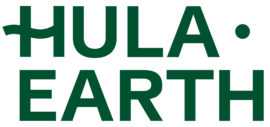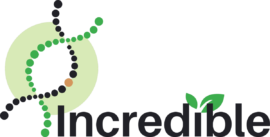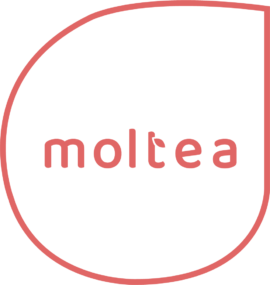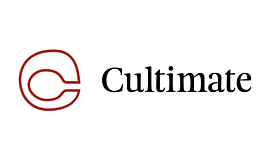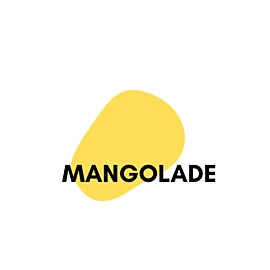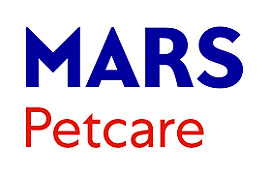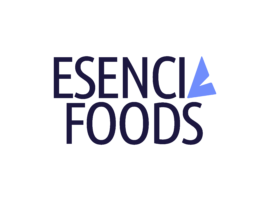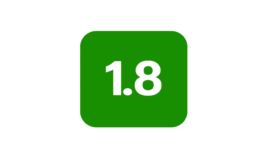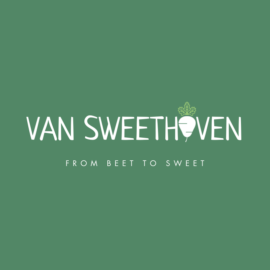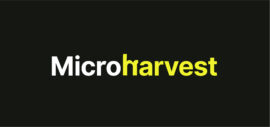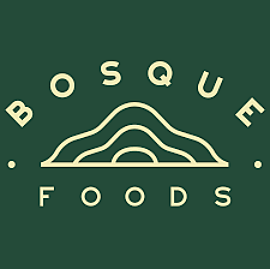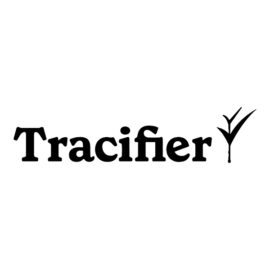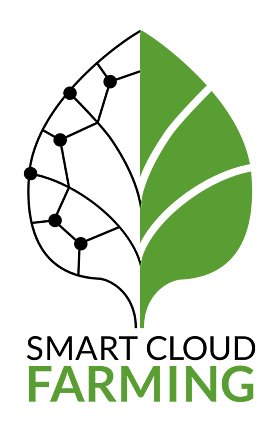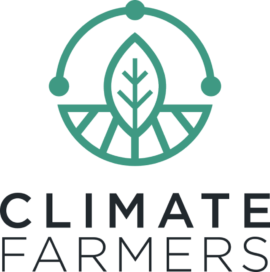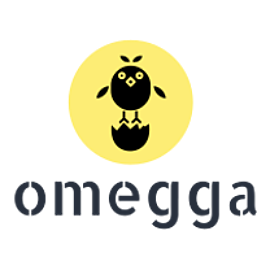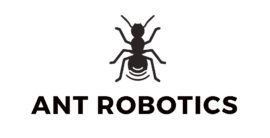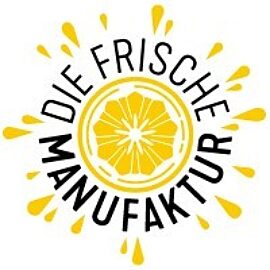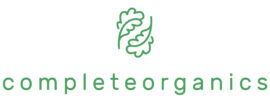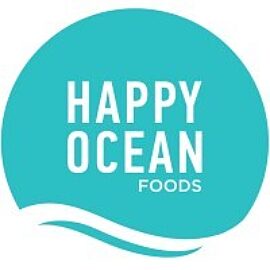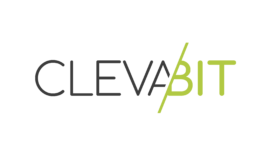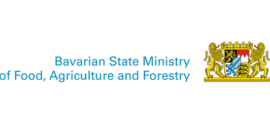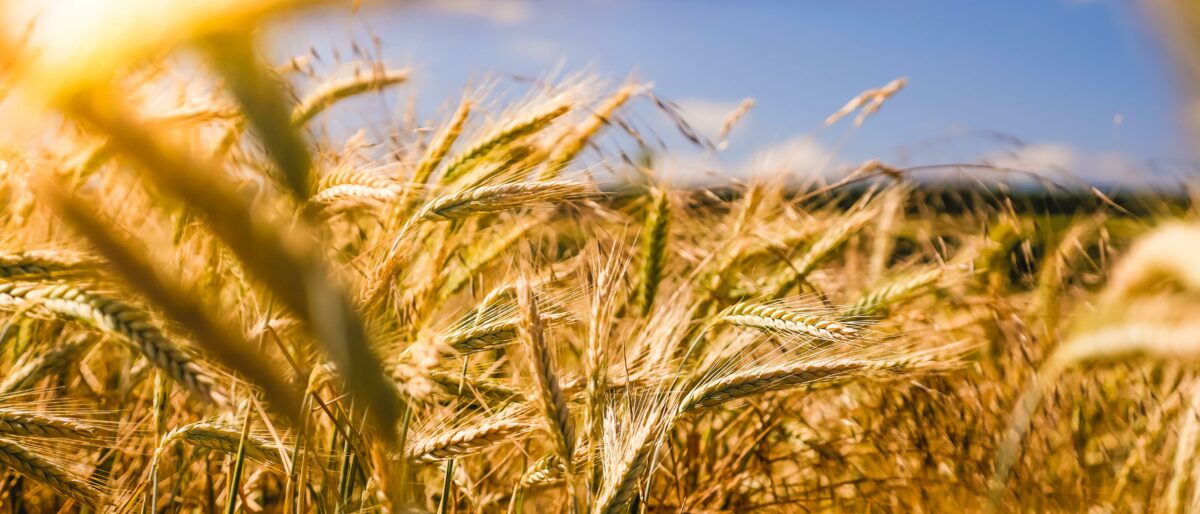
Germany: {Deutschland}
Recent update: Joint Press Statement on Russia's aggression of Ukraine
Germany is the EU leader in the production of milk, pork and potatoes.
The German food system - in the heart of the EU
5.4 million people are employed in the nearly 700,000 companies in the German food industry. 12% of the employed work in the industry. The sector is thus an important branch of the economy. The food industry is predominantly small and medium-sized. Around 90% of employees work in companies with fewer than 250 employees. EIT Food sees it as one of its main tasks to bring innovation, especially in the area of food production and agriculture, to the market more quickly with the help of start-ups and thus to make the food system healthier and more sustainable together with SMEs.
About half of the territory is used for agriculture. German agriculture is very different from region to region. While small businesses predominate in the south, the north and especially the east of Germany are characterized by large structures. Germany is the largest European producer of milk, pork and potatoes. Grains, rapeseed, sugar, beef and eggs also play an important role. In the case of fruit and vegetables, on the other hand, there is little self-sufficiency. Around two thirds of farmers keep animals, with cattle, pigs and poultry being the most common. However, the trend is decreasing and fewer and fewer farmers have animals on their farms. Around 13% of farmers now manage their farms ecologically.
Potential for improvement
German consumers want more animal welfare and environmental protection. Incorporating these desires into food production can be a challenge. EIT Food supports start-ups and innovation in the food sector, thereby driving the transformation of the industry forward.
National project: ACTinEITFood

ACTinEITFood

The German beer purity law from 1516 is the oldest food regulation that is still in effect. In 2019 1,548 German breweries brew around 5,000 different varities of beer.
Latest EIT Food Germany news
On the blog
More blog articles

Reformulating with the community in mind
Discover the EIT Food partners in this region


Innovation projects
View all projects
ScaleUp Regenerative Agriculture with EIT Food





